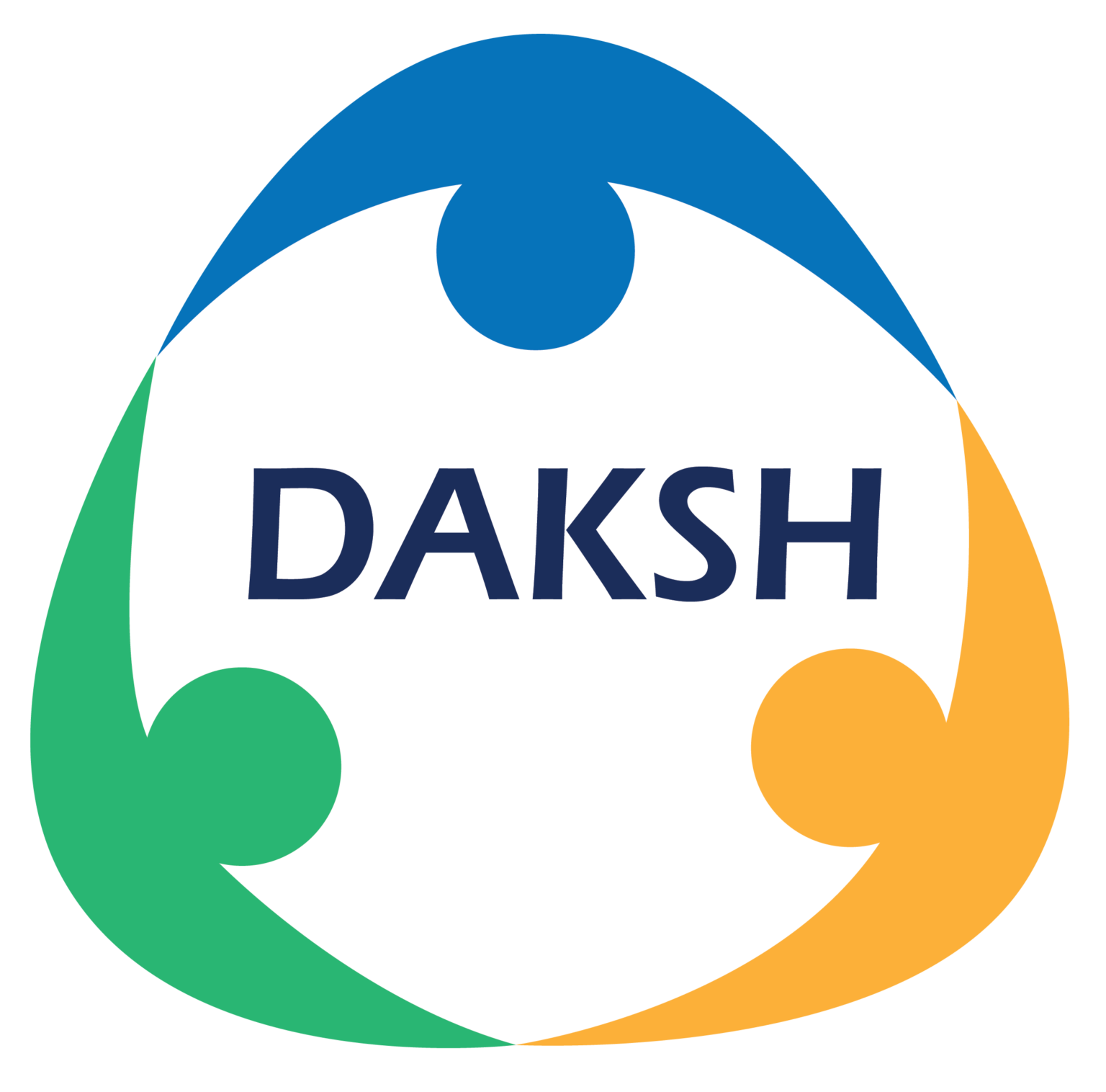About
-
Headquarters
Bangalore, Karnataka
-
Since
2009
Daksh is an independent think-tank that works predominantly in law and justice reform. The Indian justice system suffers from high pendency and suspen Read morese in dispute resolution. Daksh works towards resolving this through research and creating a public database. The DAKSH database, initiated in 2015, collects and analyzes case data from Indian High Courts and the subordinate judiciary to understand case pendency and age. DAKSH aims to bridge the gap of inadequate judicial data by providing publicly available data on cases in a usable and analyzable format through its improved platform. The DAKSH Centre of Excellence (CoE) for Law and Technology, established at IIT Delhi, conducts interdisciplinary research to address challenges in the justice system by leveraging the expertise of lawyers, researchers, scientists, and policy analysts. Daksh has published several white papers, reports and studies on matters pertaining to the Indian judiciary.
Cause Area
Sub Sector
Programs
-
Next Generation Justice Platform
The Next Generation Justice Platform represents a comprehensive roadmap for transforming the justice system, taking into account the constraints posed by legislation, institutions, and resources. This series of whitepapers goes beyond technological advancements and outlines goals that the process should achieve. It proposes strategic, technical, and legislative courses of action to effectively reach these goals. By leveraging the full potential of information and communication technology, this platform aims to enhance the efficiency and effectiveness of institutions involved in the justice system, including the judiciary, lawyers, Government departments, police, and prison authorities.
-
The Daksh Centre of Excellence(CoE)
The DAKSH Centre of Excellence (CoE) for Law and Technology, situated at IIT Delhi, conducts interdisciplinary research aimed at addressing various challenges within the justice system. Bringing together professionals from diverse fields such as law, technology, research, and policy analysis, the CoE collaboratively develops innovative solutions. By leveraging IIT Delhi's expertise in statistical techniques, data modelling, natural language processing, and machine learning, along with DAKSH's pioneering use of data analytics and deep understanding of judicial processes, the CoE aims to generate practical and impactful improvements in the functioning of the justice system.
-
Media and Governance(MARGA) Programme
MĀRGA, an initiative by DAKSH, focuses on the role of media in governance and accountability, particularly in the justice system. Its goal is to promote accurate, ethical, and easily understandable legal reporting, which contributes to public trust and engagement. Through workshops, research, and resources, it aims to improve the quality of legal reporting, and actively engages with stakeholders through conferences and discussions to address media accountability and ethical concerns. MĀRGA works towards strengthening democracy by enhancing the media's role in the justice system.
-
The Listing Project
The Listing Project aims to improve transparency, event certainty, and access to justice by addressing the varying and challenging listing processes in Indian courts. It brings together stakeholders, including legal practitioners, policymakers, litigants, and researchers, to co-create solutions. Through petitions, reports, roundtable conferences, and collaborations, the project seeks to revisit listing practices, tackle backlog issues, and build a repository of listing regulations for courts and tribunals. Individuals and organisations are encouraged to collaborate, share ideas, and contribute to the project's initiatives.
-
Justice, Access, and the Nation’s Approaches
In 2017, DAKSH conducted a comprehensive household survey to investigate alternative dispute resolution methods chosen by individuals apart from the courts. This survey aimed to understand how people resolve their disputes through interactions with representatives from non-judicial entities, including khap panchayats, religious authorities, political parties, village panchayats, and the police, who play crucial roles in dispute resolution. Additionally, interviews were conducted with lawyers and judges from the formal justice system to gather diverse perspectives on the topic. The initiative, known as Justice, Access, and the Nation's Approaches (JANA), provided valuable insights into the dispute resolution landscape in the country beyond the court system.
Leadership Team
M&E
-
Internal, External Assessors
No
Policies
-
Ethics and Transparency Policies
No
-
Formal CEO Oversight & Compensation Policy
No
Political & Religious Declarations
-
On Affiliation if any
No
-
On Deployment Bias if any
No
Registration Details
-
PAN Card
AAAAD6979J
-
Registration ID
SOR/BLU/DR/1018/2008-09
-
VO ID / Darpan ID
KA/2017/0157591
-
12A
AAAAD6979JE20215
-
80G
AAAAD6979JF20213
-
FCRA
Not Available
-
CSR Registration Number
Not Available
Location
Other Details
-
Type & Sub Type
Non-profit
Society

